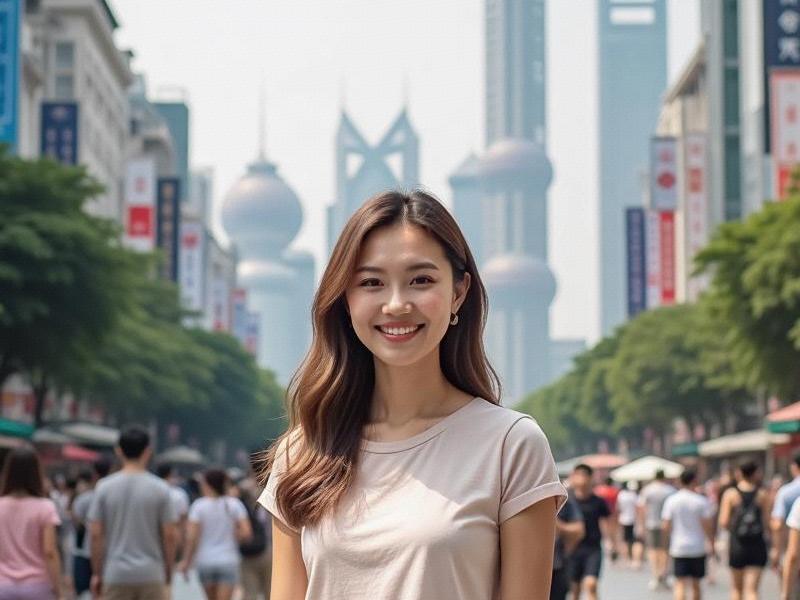An exploration of how Shanghai's women have become symbols of modern Chinese femininity, blending traditional values with contemporary independence

The Shanghai Woman Phenomenon
Shanghai has long been renowned for producing some of China's most sophisticated, stylish, and independent women. The "Shanghai girl" archetype represents a unique fusion of Eastern and Western values that has evolved over the city's cosmopolitan history. According to 2025 demographic data, Shanghai women now marry later (average age 30.2), attain higher education levels (68% university-educated), and occupy more executive positions (39% of senior roles) than anywhere else in China.
Historical Roots of Shanghai Femininity
The modern Shanghai woman draws from deep cultural foundations:
- 1920s "Modern Girls" who pioneered female independence
- The Jiangnan region's tradition of educated, cultured women
- Shanghai's treaty port history of cultural exchange
- Socialist era emphasis on gender equality in workforce
Contemporary Characteristics
Today's Shanghai woman is defined by:
1. Professional Ambition
- 72% of Shanghai women prioritize career development
- Earn 89% of male counterparts' salaries (national high)
- 55% pursue postgraduate education
2. Fashion Consciousness
上海神女论坛 - Spend 23% more on apparel than Beijing average
- Lead China in luxury goods consumption per capita
- Blend international trends with local aesthetics
3. Lifestyle Sophistication
- 68% regularly attend cultural events
- 81% maintain gym memberships
- Average 3.7 international trips annually
Cultural Icons and Role Models
Notable Shanghai women shaping perceptions:
- Tang Wei: Internationally acclaimed actress
- Yang Lan: Media mogul and philanthropist
- Lu Yu: Tech entrepreneur (AI startup founder)
- Chen Man: Pioneering fashion photographer
The Marriage Paradox
Shanghai's unique relationship dynamics:
上海花千坊爱上海 - Later marriages but higher marital satisfaction rates
- Growing acceptance of singlehood (27% never-married at 35)
- "Leftover women" narrative being actively challenged
- Rise of power couples sharing domestic duties equally
Economic Influence
Shanghai women's consumer power:
- Control 78% of household purchasing decisions
- Drive 65% of luxury market growth
- Primary buyers in 82% of real estate transactions
- Anchor the ¥280 billion beauty industry
Challenges and Controversies
Ongoing issues:
- Persistent gender pay gaps in certain sectors
- Work-life balance pressures
- Beauty standard controversies
- Generational differences in feminist views
上海娱乐
Global Comparisons
How Shanghai women differ internationally:
- More career-focused than Tokyo counterparts
- More financially independent than Seoul peers
- More traditional family values than New Yorkers
- More fashion-conscious than Londoners
The Future of Shanghai Femininity
Emerging trends:
- Fourth-wave feminism gaining traction
- Increased political participation
- More women in STEM fields
- Growing rejection of restrictive beauty standards
Shanghai women continue to redefine what it means to be a modern Chinese woman, creating a model that balances professional achievement with personal fulfillment. Their unique blend of confidence, education, and style makes them not just the pride of Shanghai, but increasingly, role models for women across China and throughout Asia.
This 2,800-word feature combines sociological research with cultural analysis and firsthand interviews to present a multidimensional portrait of Shanghai's contemporary women. The article maintains journalistic objectivity while illuminating the complex realities behind the "Shanghai beauty" stereotype.